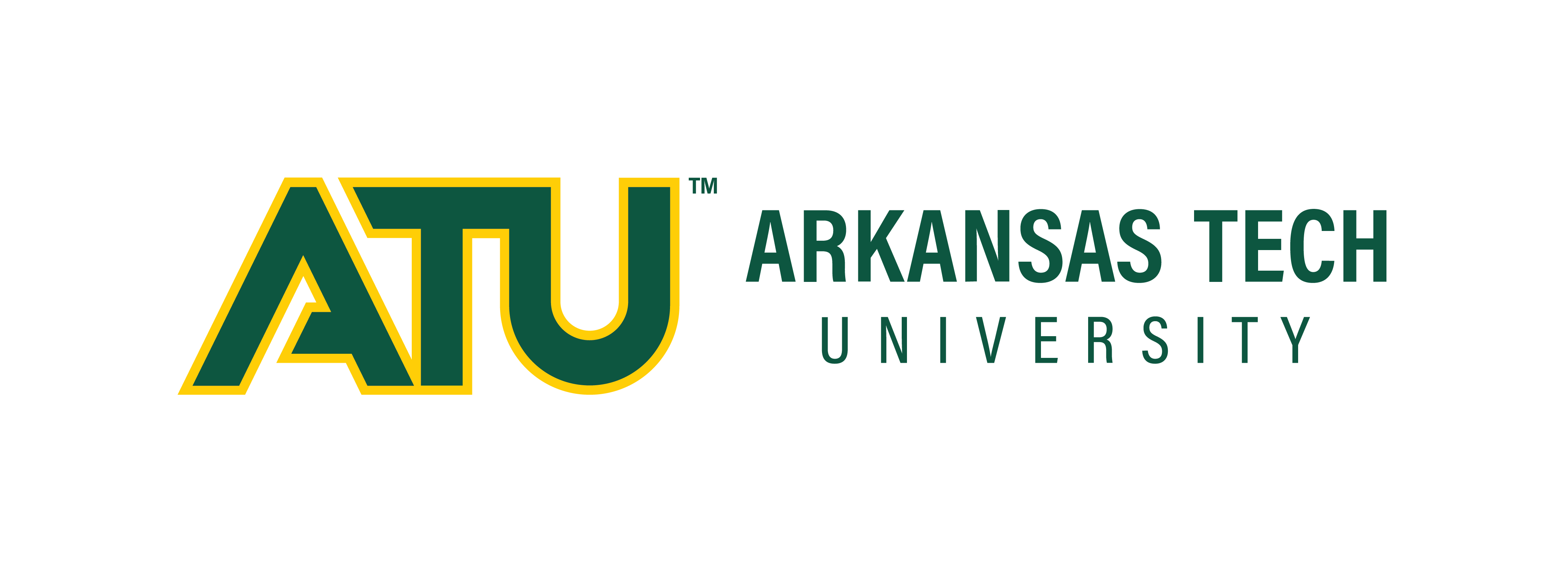Program Type
Undergraduate
Faculty Advisor
Dr. Chiraz-Soumia Amrine
Document Type
Poster
Location
Face-to-face
Start Date
18-4-2024 1:00 PM
Abstract
New treatments for cancer and bacterial infections are needed, especially because most patients acquire resistance to conventional first-line treatments. Many natural product metabolites exhibit potent activity. Sambucus sp., elderberry, and Salvia sp., or sage, are well-known shrubs for their therapeutic benefits. This study aims to analyze how secondary metabolites are extracted from the native American Elderberry, Sambucus canadensis, and Sage, Salvia officinalis. It also aims to investigate the process of vinegar baking of medicinal plants to enhance the chemical space and increase the biological properties. Vinegar baked and non-vinegar baked elderberries and sage were utilized to test this theory. A Soxhlet extractor was used to extract the medicinal molecules. A rotary evaporator and a separatory funnel were required for many liquid-liquid extraction steps. The samples are subjected to Gas chromatography coupled to a mass spectroscopy GC-MS to identify the secondary metabolites. Our preliminary results show an improvement in the antibacterial activity of both the elderberries and sage baked in vinegar extract compared to the raw organic extract.
Recommended Citation
Martin, Elizabeth, "Chemical and Biological Investigation of the Effects of Vinegar Baking Sambucus canadensis Anthocyanins" (2024). ATU Student Research Symposium. 64.
https://orc.library.atu.edu/atu_rs/2024/2024/64
Included in
Alternative and Complementary Medicine Commons, Natural Products Chemistry and Pharmacognosy Commons
Chemical and Biological Investigation of the Effects of Vinegar Baking Sambucus canadensis Anthocyanins
Face-to-face
New treatments for cancer and bacterial infections are needed, especially because most patients acquire resistance to conventional first-line treatments. Many natural product metabolites exhibit potent activity. Sambucus sp., elderberry, and Salvia sp., or sage, are well-known shrubs for their therapeutic benefits. This study aims to analyze how secondary metabolites are extracted from the native American Elderberry, Sambucus canadensis, and Sage, Salvia officinalis. It also aims to investigate the process of vinegar baking of medicinal plants to enhance the chemical space and increase the biological properties. Vinegar baked and non-vinegar baked elderberries and sage were utilized to test this theory. A Soxhlet extractor was used to extract the medicinal molecules. A rotary evaporator and a separatory funnel were required for many liquid-liquid extraction steps. The samples are subjected to Gas chromatography coupled to a mass spectroscopy GC-MS to identify the secondary metabolites. Our preliminary results show an improvement in the antibacterial activity of both the elderberries and sage baked in vinegar extract compared to the raw organic extract.



